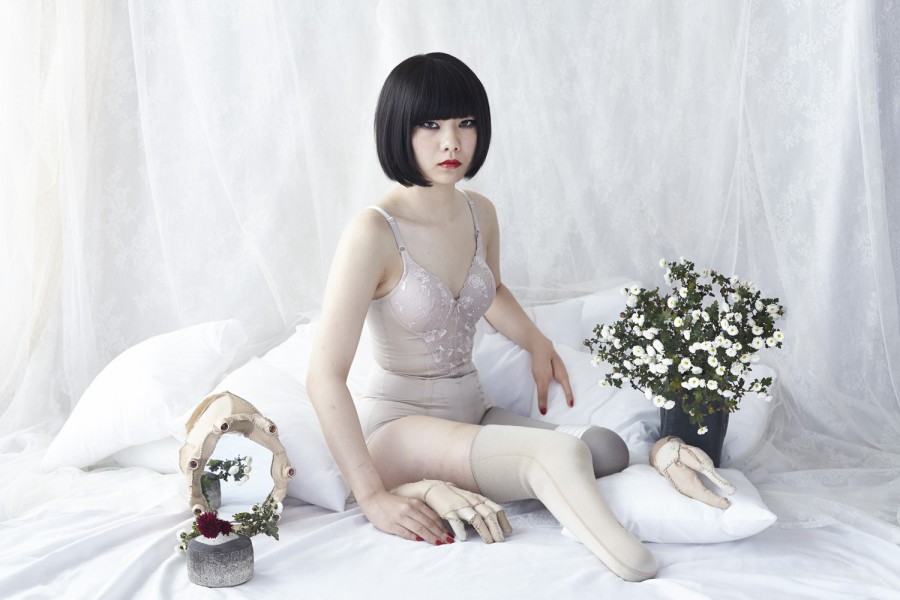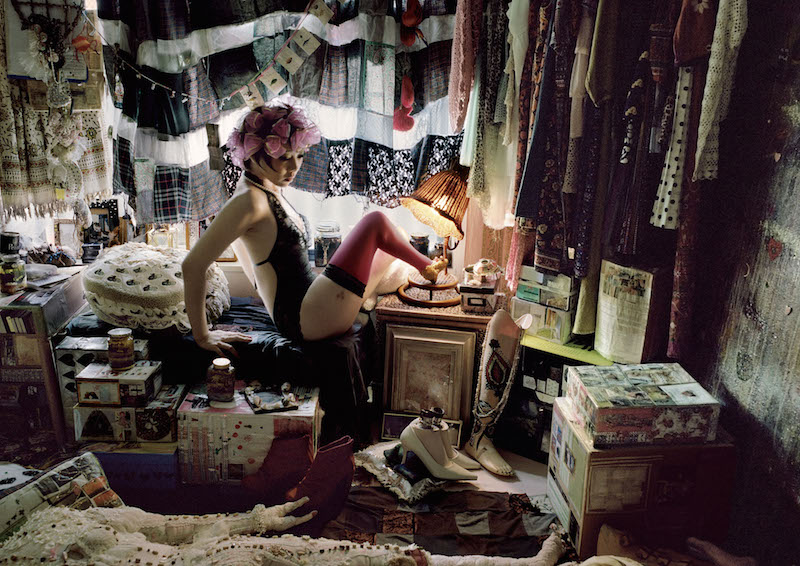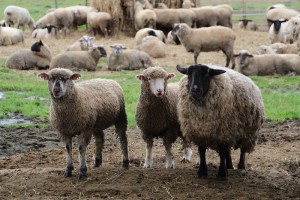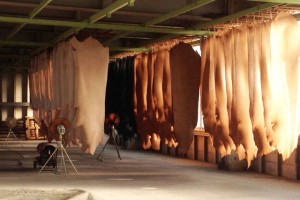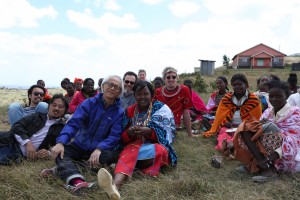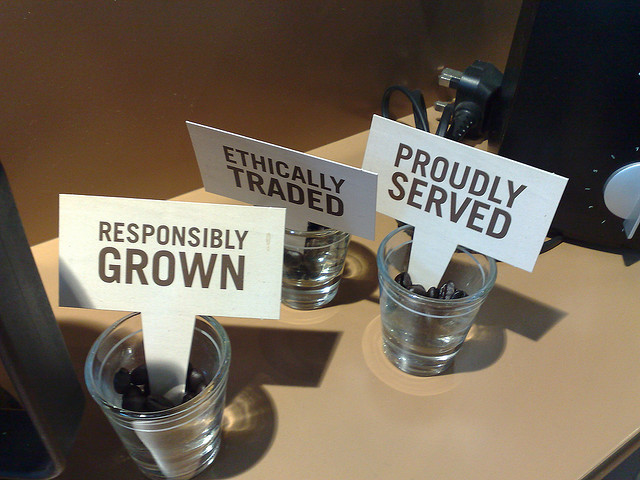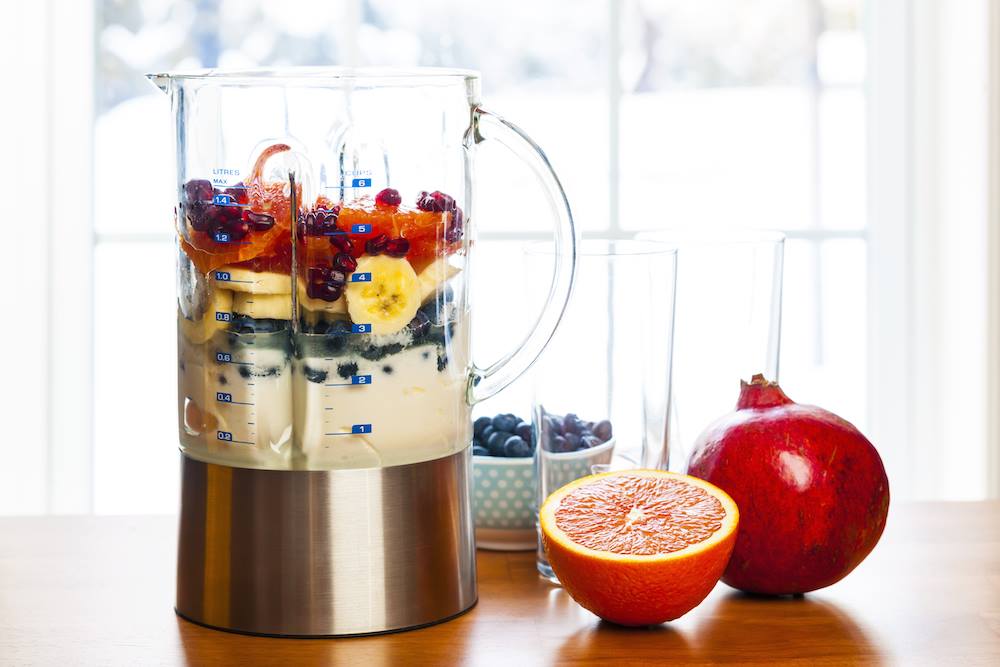According to Fair Trade Town, Japan (FTTJ), the recognition degree of “fair trade” in Japan has increased to 25.7%. Also, the number of people who have heard the term (popularity) increased to more than 50%. These are the main findings of an FTTJ survey on fair trade and ethical consumerism run over 9th-12th March via the Internet and responded to by 1076 people (15-69 years old).
The ratio of people who have heard/seen the term “fair trade” rose to 50.3%, which is a first since this figure has been under half in all similar surveys conducted in the past four years. However, more than half of the people recognised it as economic term; the percentage of people who correctly recognised the term as related to poverty or environmental issues (recognition degree) was just 25.7%.
Popularity Increased
The term was most popular among teenagers, among whom this was up to 64.6%, with people in their 20s second at 54.9%. Clearly, it would seem, the term is more popular among the younger generation.
Comparing women and men, women were found to be more familiar with the term in both popularity and recognition. Popularity among women was up to 53.1%, with men at 47.4%, while recognition among women was 28.5%, as compared with 22.8% for men.
Regionally, the term was more recognized in the north (Tohoku/Hokkaido, Kanto, Chubu areas) than the south (Chugoku/Shikoku, Kyushu/Okinawa areas).
Not connected to actual consumption
Among the people who correctly recognised the term “fair trade”, 35.5% said they had actually purchased a fair trade item, suggesting that recognition does not always relate to actual consumer activity. The three most popular reasons for not buying fair trade products were, ‘I don’t know where to buy them’ (38.2%), ‘I can’t tell which they are’ (37.6%) and ‘There are no places to buy near me’ (32.0%).
Among those who had purchased fair trade items, more than two-thirds were women (68.7%), and the biggest proportions per age group were found among the 40s (49.1%) and 60s (45.1%) – age groups which are relatively wealthy. The most popular item purchased was fair trade coffee (63.3%), followed by chocolate (29.6%), hand crafted items (24.5%) and tea (20.4%).
Consumer Behavior
In general, respondents gave ‘Price’ as the most important criterion in purchasing (72.9%), followed by ‘Quality ‘(60.8%), ‘Design’ (31.5%), ‘Impact on the Environment’ (1.7%) and ‘Impact on Society’ (0.3%).
To the question, ‘What kind of items do you try to purchase more in daily life?’, ‘Made-in-Japan’ was highest with 44.2%, ‘Healthy’ next with 39.8%, and then ‘Locally Produced’ (27.0%), ‘Natural Food/Item’ (27.0%), ‘Environmentally Friendly’ (25.3%). ‘Fair Trade Items’ (3.4%) and ‘Products made by the physically challenged’ (3.3%) didn’t figure highly in this list.
FTTJ sums up the results thus: “It is said that ethical consumerism is gaining its place in Japan too. The main interests of consumers are in the areas of personal health and locality. Although concerned about the environment, they still don’t show much interest in societal impacts.”

